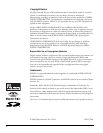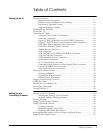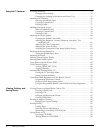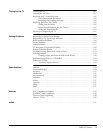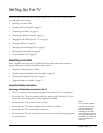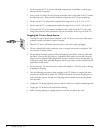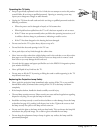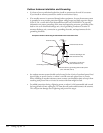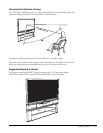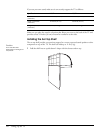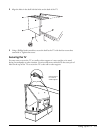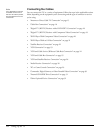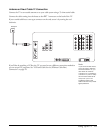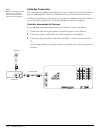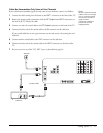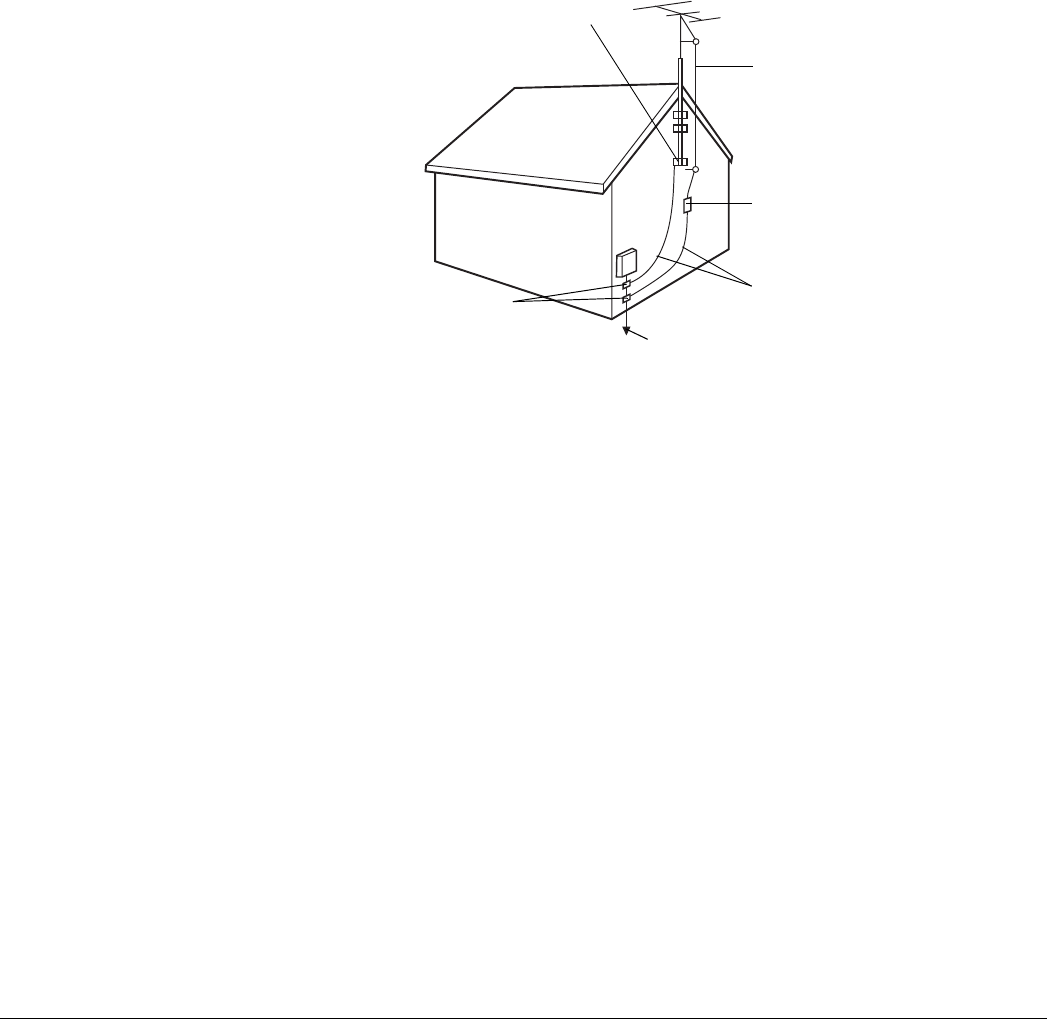
10 Setting Up the TV
Outdoor Antenna Installation and Grounding
• It is best to have a professional technician install an antenna on the roof of a structure.
If you install an antenna yourself, be careful to avoid serious injury.
• If an outside antenna is connected through other equipment, be sure the antenna system
is grounded so as to provide protection against voltage surges and built-up static charges.
In the U.S.A., section 810 of the National Electrical Code, ANSI/NFPA 70, provides
information on proper grounding of the mast and supporting structure, grounding of the
lead-in wire to an antenna-discharge unit, size of grounding conductors, location of
antenna-discharge unit, connection to grounding electrode, and requirements for the
grounding electrode.
• An outdoor antenna system should not be located in the vicinity of overhead power lines/
electric lights or power circuits, or where it can fall onto such power lines or circuits.
When installing an outdoor antenna system, extreme care should be taken to keep it from
touching such power lines or circuits as contact with them might be fatal.
• For added protection during a lightning storm, or when it is left unattended and unused
for long periods of time, unplug the TV from the wall outlet and disconnect the antenna.
This will prevent damage due to lightning and power-line surges.
Example of Antenna Grounding in National Electrical Code Instructions
Antenna lead in wire
Ground clamp
Antenna discharge unit
(NEC Section 810-20)
Grounding conductors
(NEC Section 810-21)
Grounding clamps
Power service grounding electrode system
(NEC ART 250, Part H)



